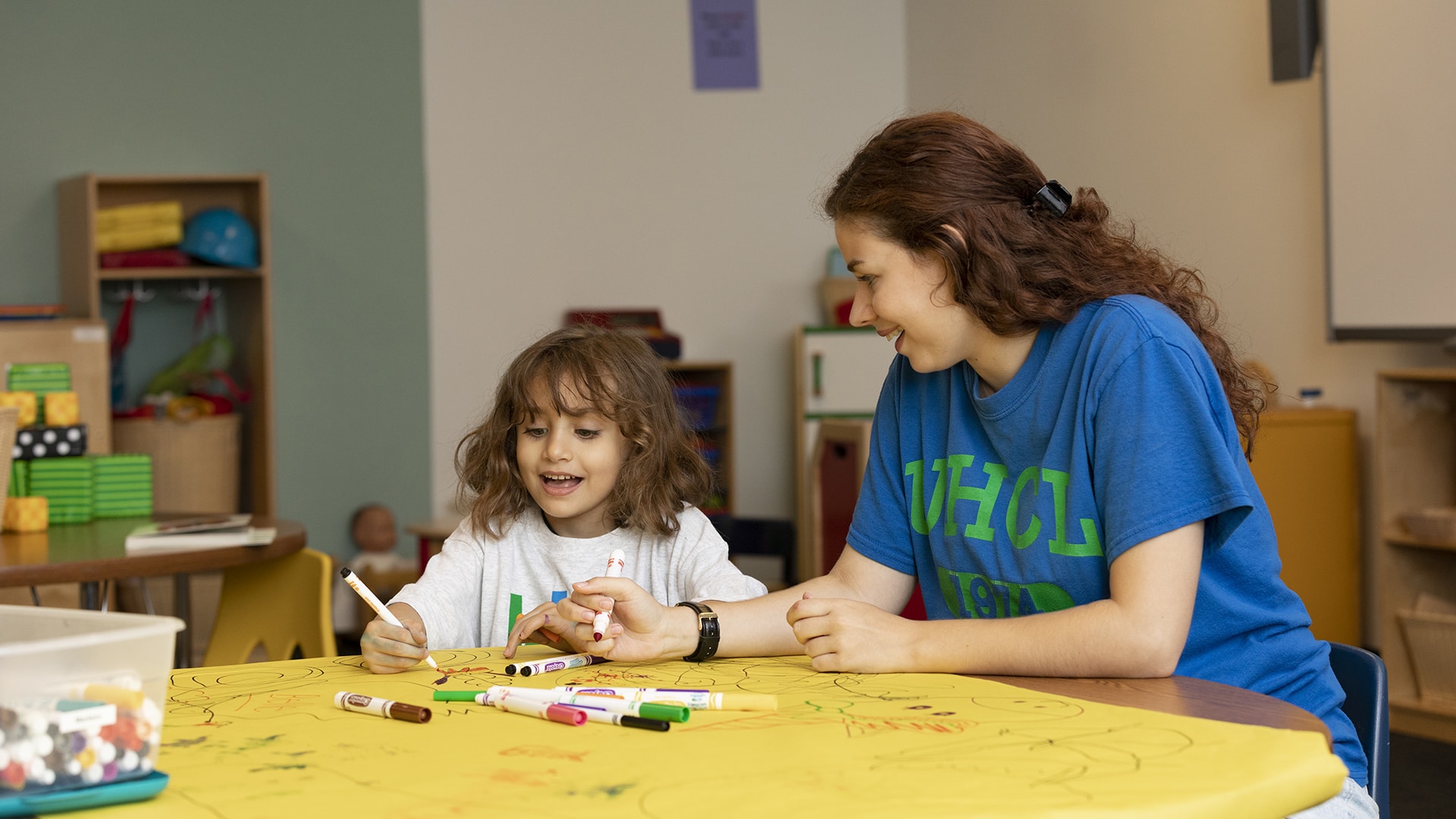Special education prof offers guidance to parents concerned kids are regressing
July 3, 2020 | UHCL Staff
Almost all parents of school-aged children have felt the stress of having to homeschool
during the lockdown necessitated by the COVID-19 pandemic. But parents of children
with special needs have been carrying an extra-heavy weight, concerned that their
child’s progress will stall or reverse as the quarantine has kept kids out of their
routine for the last two months of school. University of Houston-Clear Lake’s Associate Professor of Special Education Randy Seevers says their concerns about regression are real, but shares some helpful insights.
“All students regress during long vacations, even ‘typical’ children,” Seevers said.
“Students with special needs are not only regressing, they’re losing the opportunity
that they have, under normal circumstances, to learn new things. Right now, it’s important
to focus on maintaining the skills the student has already learned. We celebrate even
very small changes with children with disabilities.”
But, he added, each student’s situation is unique. “Parents can be very hard on themselves
because they want to do the right thing for their child,” he said. “It’s hard when
you don’t have the tools that a teacher has in the classroom. Parents should have
reasonable expectations on themselves about what they can do with their child,” he
said. “Don’t try to conquer the world. Your child’s safety and well-being are priorities
right now. Many children with disabilities also have some health risks. As a parent,
you can only do so much and it’s all right if you can’t be everything to everyone
at all times. Allow yourself to think a little smaller and be more reasonable.”
As closures, quarantines and social distancing continue to take their toll on everyone,
Seevers offered some additional tips to help parents of children with special needs keep
from becoming overwhelmed.
- Try to maintain a routine. Most children do well with structure; children with disabilities
particularly so. Contact your child’s school or daycare to find out about their typical
daily routine. You might be able to recreate most of it at home, allowing your child
to recoup a sense of normalcy and will also help with their transition back to school
when the time comes.
- Find a worthwhile distraction that is encouraging and enriching. Music can be a powerful
tool at home, especially if parents or kids are feeling stressed or anxious. A fun
playlist can distract from a negative mood and lift the tension.
- Telehealth for mental health services is available. Check with therapists and other
care providers about online services — they are available and accessible.
- Create new goals that are more easily attainable for your child. If it takes your
child a long time to get dressed, now is a good time to focus on that because you
don’t have to hurry — the bus is not around the corner. For a child with disabilities,
achieving life skills can be as important as academic skills.
- Stay in touch. You may be physically separated, but you can still be connected. Take
this time to reach out by phone, by video call, or even by mail. Physical distance
does not mean you have to lose your social connections.
- Keep reminding yourself that this quarantine will not last forever. The days might
feel longer and the nights might not always bring much rest. But have faith, normal
routines will return and your familiar support systems will be back in place. Hang
in there!
Learn more about UHCL’s Special Education program online.
About the Author:
Recent entries by
October 18 2022
Better technology transforms campus safety: Police Chief demonstrates SafeZone to students
October 14 2022
Student's skill with drones takes chicken turtle research to new heights
October 11 2022
Planting event to help UHCL restore native plants to campus, support environmental sustainability







